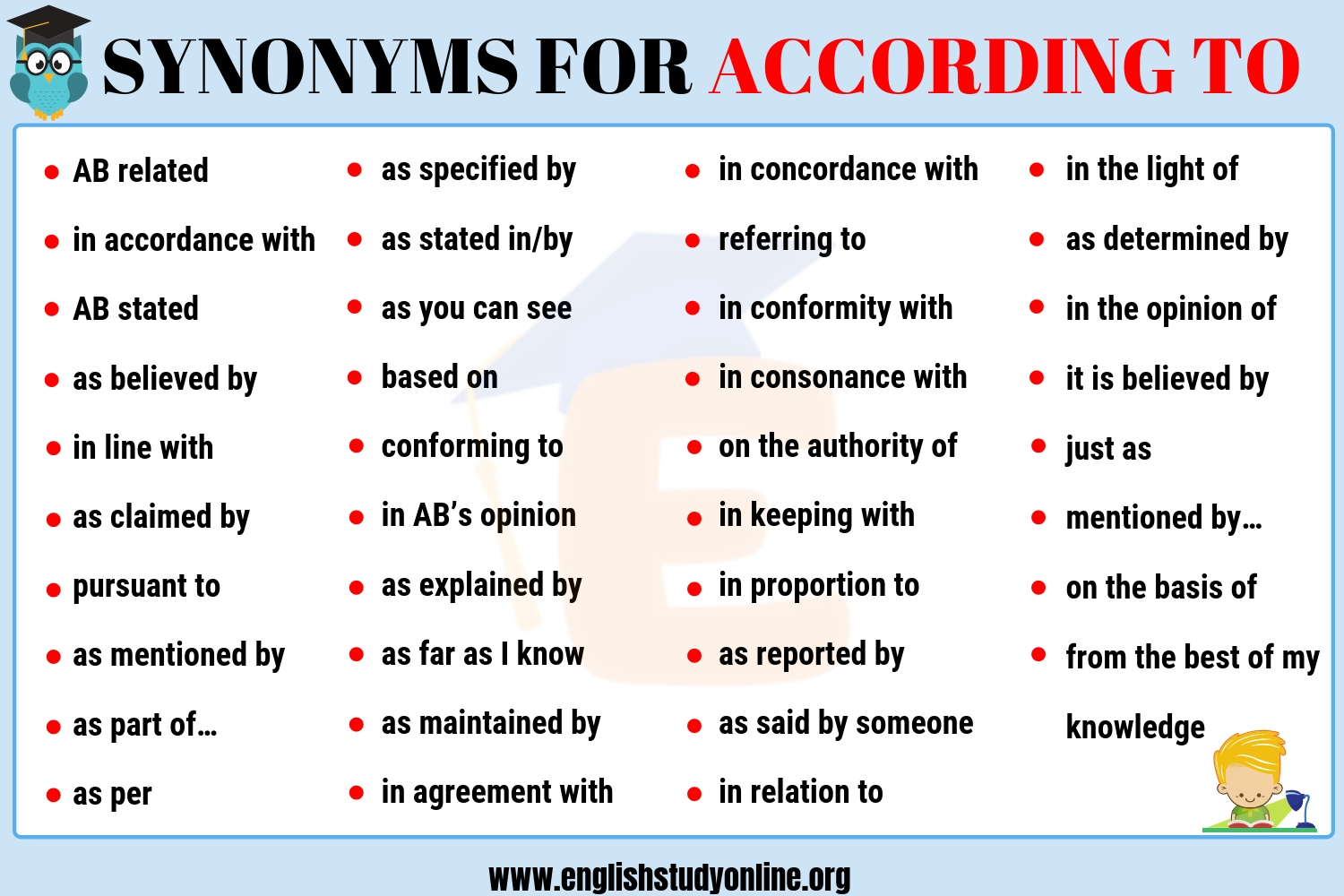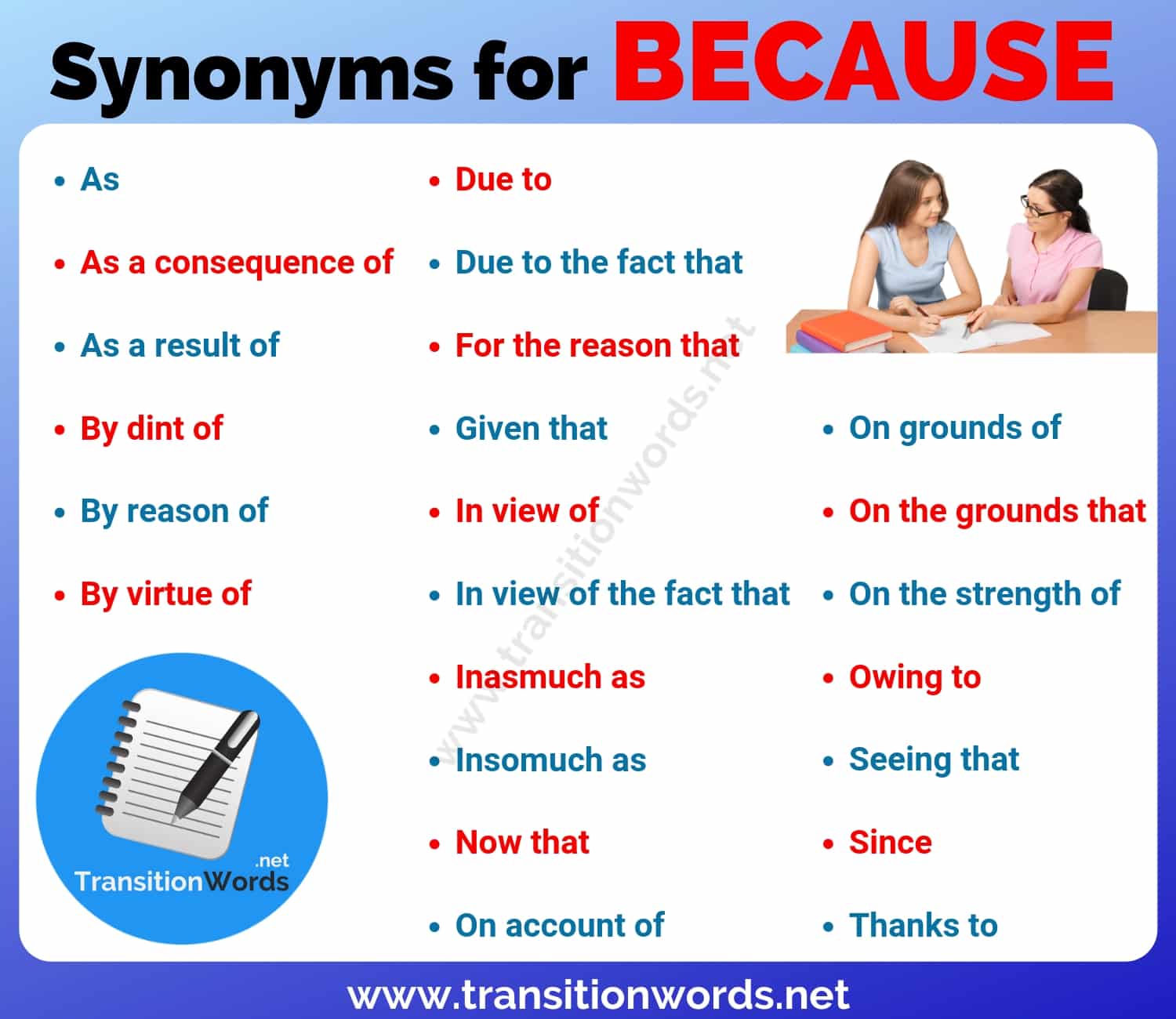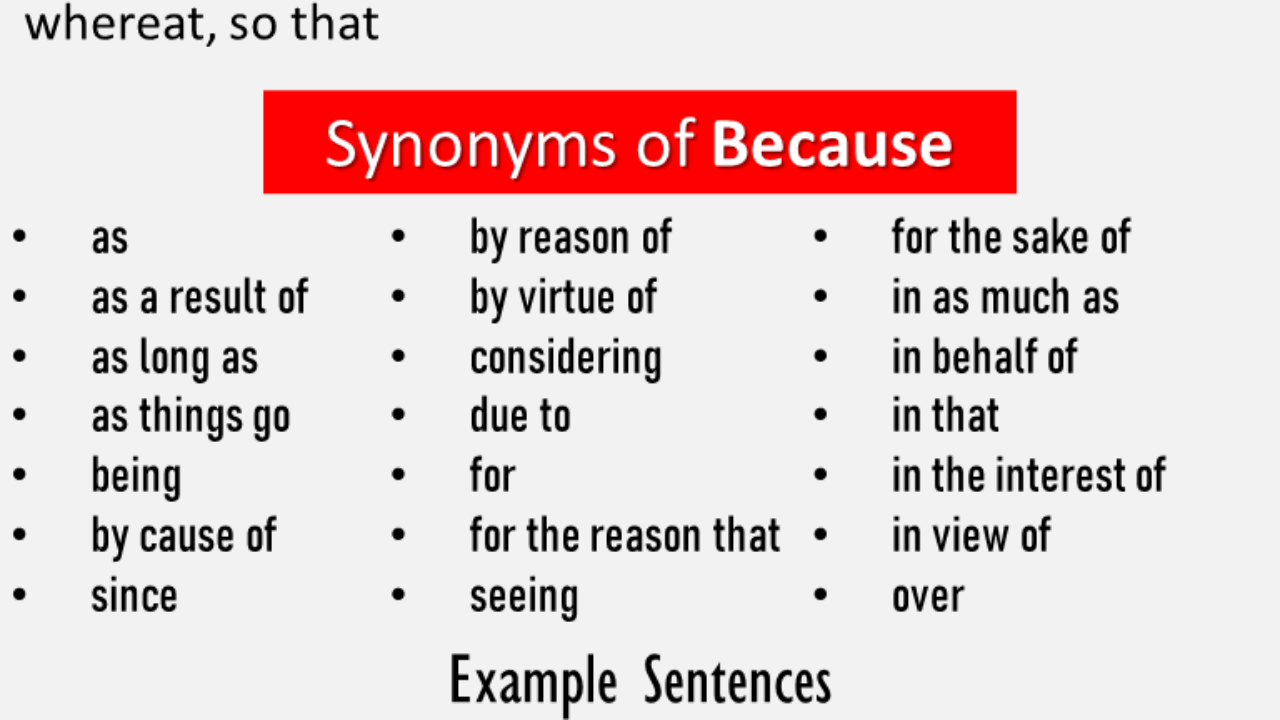If you’re searching for a way to express the cause or reason for something, “due to” is a commonly used phrase that can convey this meaning. Whether you’re writing an essay, crafting a business proposal, or sending an email, understanding the nuances of “due to” and its synonyms can enhance your communication skills and ensure your message is clear and effective.
Synonyms for “Due To”
There are several synonyms for “due to” that can be used interchangeably in most situations. These include:
- Because of
- Owing to
- As a result of
- By virtue of
- On account of

Source: www.powerthesaurus.org
Understanding the Meaning of “Due To”
When used correctly, “due to” indicates that one event or circumstance is directly responsible for another. It suggests a clear cause-and-effect relationship. Consider the following sentence:
The concert was canceled due to heavy rain.
In this example, the cancellation of the concert is directly caused by the heavy rain. The rain is the reason why the concert cannot take place.

Source: transitionwords.net
Summary of Due To The Synonym
In summary, “due to” and its synonyms are useful expressions for describing the cause or reason for something. They provide a clear and concise way to convey the relationship between two events or circumstances.
Due To as a Preposition
In addition to its use as an adverb, “due to” can also function as a preposition. When used as a preposition, it is followed by a noun or pronoun and indicates that something is caused by or is the result of another thing. For example:
The delay was due to the weather.
In this sentence, “due to” is a preposition that links the noun “delay” to the noun “weather.” It suggests that the weather is the cause of the delay.


Source: englishvocabs.com
History and Myth of Due To The Synonym
The phrase “due to” has a long history in the English language. It first appeared in the early 16th century and has been used consistently ever since. The phrase is derived from the Latin phrase “debeo,” which means “I owe.” This suggests that when something is “due to” a particular cause, it is somehow owed to that cause.
In some cultures, there are myths and legends surrounding the phrase “due to.” For example, in some Native American traditions, it is believed that when something happens “due to” a particular spirit or deity, that spirit or deity is responsible for making it happen.

Source: englishstudyonline.org
Hidden Secrets of Due To The Synonym
There are several hidden secrets about the phrase “due to.” One secret is that it can be used to avoid blaming someone or something directly. For example, instead of saying “The accident was his fault,” you could say “The accident was due to his carelessness.” This second sentence is less accusatory and may be more palatable to the person who caused the accident.
Another secret about “due to” is that it can be used to emphasize the importance of a particular cause. For example, instead of saying “The project was successful,” you could say “The project was successful due to the hard work of the team.” This second sentence highlights the fact that the team’s hard work was the primary reason for the project’s success.

Source: transitionwords.net
Recommendations for Using Due To The Synonym
When using “due to” in your writing or speaking, there are a few recommendations to keep in mind. First, make sure that you use “due to” correctly. It should only be used to indicate a clear cause-and-effect relationship. Second, avoid using “due to” too often. Overuse of this phrase can make your writing or speaking sound repetitive and awkward. Finally, be aware of the different connotations of “due to.” Depending on the context, “due to” can have a positive or negative connotation.
Here are some examples of how to use “due to” correctly:
- The meeting was canceled due to the snowstorm.
- The company’s profits increased due to the new product launch.
- The student failed the test due to lack of preparation.

Source: fity.club
Due To as a Cause of Something
In addition to its use as an adverb and a preposition, “due to” can also be used as a noun. When used as a noun, “due to” refers to something that is owed or expected. For example:
The company owes its success to its employees.
In this sentence, “due to” is a noun that refers to the debt that the company owes to its employees. The company’s success is owed to the hard work and dedication of its employees.

Source: www.powerthesaurus.org
Tips for Using Due To The Synonym
Here are some tips for using “due to” effectively in your writing:
- Use “due to” only when there is a clear cause-and-effect relationship between two events or circumstances.
- Avoid using “due to” too often. Overuse of this phrase can make your writing sound repetitive and awkward.
- Be aware of the different connotations of “due to.” Depending on the context, “due to” can have a positive or negative connotation.
Due To and Other Causal Conjunctions
In addition to “due to,” there are a number of other causal conjunctions that you can use in your writing. These include:
- Because
- Since
- As
- For
- Therefore
Each of these causal conjunctions has its own unique meaning and usage. It is important to choose the right causal conjunction for the specific context in which you are writing.

Source: 7esl.com
Fun Facts about Due To The Synonym
Here are some fun facts about “due to”:
- “Due to” is the most common causal conjunction in the English language.
- “Due to” is often used in formal writing and speaking.
- “Due to” can be used to avoid blaming someone or something directly.
- “Due to” can be used to emphasize the importance of a particular cause.
How to Use Due To The Synonym
To use “due to” correctly, follow these steps:
- Identify the cause of the event or circumstance.
- Use “due to” to connect the cause to the event or circumstance.
- Make sure that the cause-and-effect relationship is clear.
Here is an example of how to use “due to” correctly:
The meeting was canceled due to the snowstorm.
In this sentence, the cause of the meeting being canceled is the snowstorm. The phrase “due to” is used to connect the cause to the effect.

Source: www.pinterest.es
What if Due To The Synonym
What if you’re not sure whether to use “due to” or another causal conjunction? Here are some tips:
- If you’re not sure which causal conjunction to use, try using “because.” “Because” is the most common causal conjunction and can be used in most situations.
- If you want to avoid blaming someone or something directly, you can use “due to.”
- If you want to emphasize the importance of a particular cause, you can use “due to.”
Listicle of Due To The Synonym
Here is a listicle of different ways to say “due to”:
- Because of
- Owing to
- As a result of
- By virtue of
- On account of
- attributable to
- thanks to

Source: www.pinterest.co.uk
Question and Answer
- What is the difference between “due to” and “because of